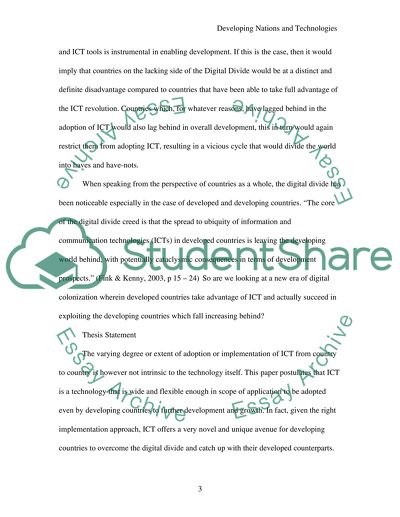Cite this document
(Impact Of Technologies On Developing Nations Essay, n.d.)
Impact Of Technologies On Developing Nations Essay. https://studentshare.org/technology/1572326-age-of-info-7osam
Impact Of Technologies On Developing Nations Essay. https://studentshare.org/technology/1572326-age-of-info-7osam
(Impact Of Technologies On Developing Nations Essay)
Impact Of Technologies On Developing Nations Essay. https://studentshare.org/technology/1572326-age-of-info-7osam.
Impact Of Technologies On Developing Nations Essay. https://studentshare.org/technology/1572326-age-of-info-7osam.
“Impact Of Technologies On Developing Nations Essay”. https://studentshare.org/technology/1572326-age-of-info-7osam.


